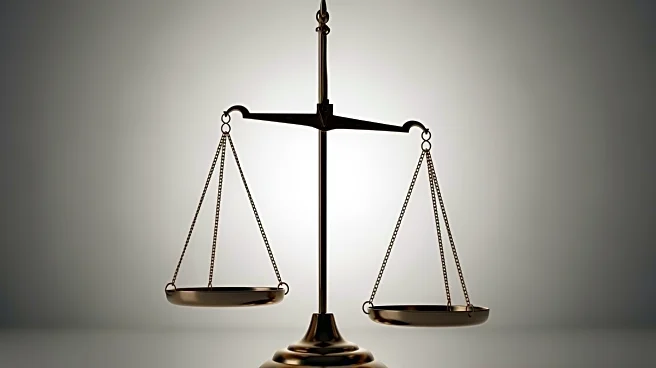What's Happening?
Azerbaijan has expressed willingness to send peacekeepers to Gaza, contingent upon a complete cessation of hostilities in the region. This development is part of President Trump's peace plan for Gaza, which
involves discussions with several countries, including Azerbaijan, Indonesia, the UAE, Egypt, Qatar, and Turkey, about forming an International Stabilization Force. The plan aims to bring stability to Gaza amidst ongoing conflicts. The United Nations Security Council recently voted on a resolution proposed by Russia and China to delay the reimposition of sanctions on Iran, highlighting the complex geopolitical dynamics at play.
Why It's Important?
The involvement of Azerbaijan and other nations in a peacekeeping force could significantly impact the geopolitical landscape in the Middle East. It underscores the international community's efforts to stabilize Gaza and potentially reduce tensions between Israel and Hamas. The success of President Trump's peace plan could lead to a shift in alliances and influence in the region, affecting U.S. foreign policy and its relationships with Middle Eastern countries. The delay in sanctions on Iran also reflects broader strategic considerations that could influence regional stability.
What's Next?
If fighting in Gaza ceases, Azerbaijan and other countries may proceed with deploying peacekeepers, potentially leading to a new phase of international involvement in the region. The effectiveness of the International Stabilization Force will depend on the cooperation of involved nations and the cessation of hostilities. The geopolitical implications of this move could prompt reactions from major stakeholders, including Israel, Hamas, and neighboring countries, as they navigate the changing dynamics.
Beyond the Headlines
The conditional deployment of peacekeepers raises questions about the ethical responsibilities of international intervention in conflict zones. It also highlights the challenges of achieving lasting peace in regions with deep-seated historical conflicts. The role of the United Nations and its member states in facilitating peace and stability remains crucial, as does the need for diplomatic solutions that address the root causes of conflict.









